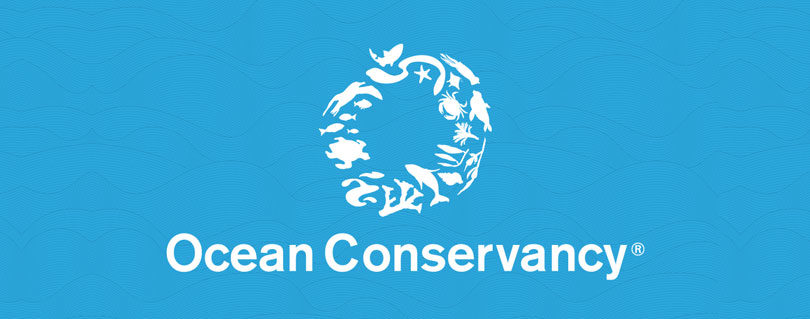What Does the SROCC Mean for the Arctic?
Published by Ocean Conservancy
As the Arctic goes, so goes the world.
That line echoes in my mind as I grapple with the Intergovernmental Panel on Climate Change “Special Report on the Ocean and Cryosphere in a Changing Climate” (SROCC) released this week. It came just after the United Nations Climate Action Summit 2019 in New York and coincides with seven-day Climate Strike that brought hundreds of thousands of youth activists together across 150 countries.


The SROCC report matters because for once it centers on the vulnerability of our ocean as well as the frozen parts of our planet called the cryosphere. The impacts detailed in this report are the equivalent of an ocean on fire. As the image of rivers on fire motivated an era of environmental action in the 1970s, my hope is that these dire impacts on a place we love can drive us to the action that is needed for our ocean and our planet. And the good news is that the ocean can be part of the solution too.
To be honest, this new report merely confirms with more scientific certainty a reality that Alaskans and Arctic communities are already living. For example, we’ve known for a while that the Arctic is warming at the twice the rate of anywhere else on the planet. But what that translates to out on the water and on the land are anomalies never recorded, seen or experienced before.
Just look at the crazy summer that Alaska had in 2019. Michael LeVine, my colleague and climate change expert (who lives in Juneau) literally meant it when he noted “Alaska is on fire.” We are talking about raging wildfires, higher temperatures in Anchorage than Key West, streams so hot salmon were dying and the second-lowest sea ice cover on record.
An increasingly ice-free Arctic has a massive ripple effect on a system that depends on a healthy ocean. There are short, fragile links between fish stocks plummeting, seals starving, whales disappearing and human life in the Arctic. We’re talking about food security for thousands of communities that rely on subsistence fishing and hunting.


An ice-free Arctic is becoming increasingly attractive for shipping. Large tankers, massive container ships and even cruise ships are making their way through once treacherous conditions. The increase in vessel traffic means the Arctic is vulnerable to more greenhouse gas, risks of oil spills, pollution, risk of invasive species, ship strikes on marine wildlife and impacts on local communities.
Earlier this month, Austin Ahmasuk watched two massive cruise ships drop anchor just off the coast of his home town. Nome, an Alaskan town close to the Arctic Circle, is slowly becoming a stop for massive luxury liners making their way through the Northwest Passage. The impact on a community of less than 4,000 permanent residents is not always positive as they brace for a deluge of cruisers that wanted to experience Alaska. The irony of their direct impact on the changing climate of the Arctic is often lost.


As Austin notes in his recent blog, “We in the Arctic are becoming increasingly concerned about the climate crisis and we will engage in this issue ever-increasingly because our lifestyle and our culture are both at risk.”
At Ocean Conservancy, we recognize that three things need to happen as we face a future world made unfamiliar by climate change:
- We have to slash emissions. If we fail to do so and do it soon, the changes we’re seeing now will quickly become irreversible.
- We need to protect our ocean’s ability to store carbon by protecting coastal ecosystems that are up to four times more efficient at carbon sequestration than land-based options.
- We must adapt quickly to the impacts we can’t avoid. This means investing in research and development into new systems and rules that protect communities in places like the Arctic that are already being hardest hit.
The SROCC report reminds us that the changes taking place in the Arctic are swift, interconnected and brutal. And we need to recognize that what happens in the Arctic does not stay there.
Our shared future is at stake.
Sign up for our emails!
The post What Does the SROCC Mean for the Arctic? appeared first on Ocean Conservancy.
Read the full article at: https://oceanconservancy.org/blog/2019/09/26/srocc-mean-arctic/


